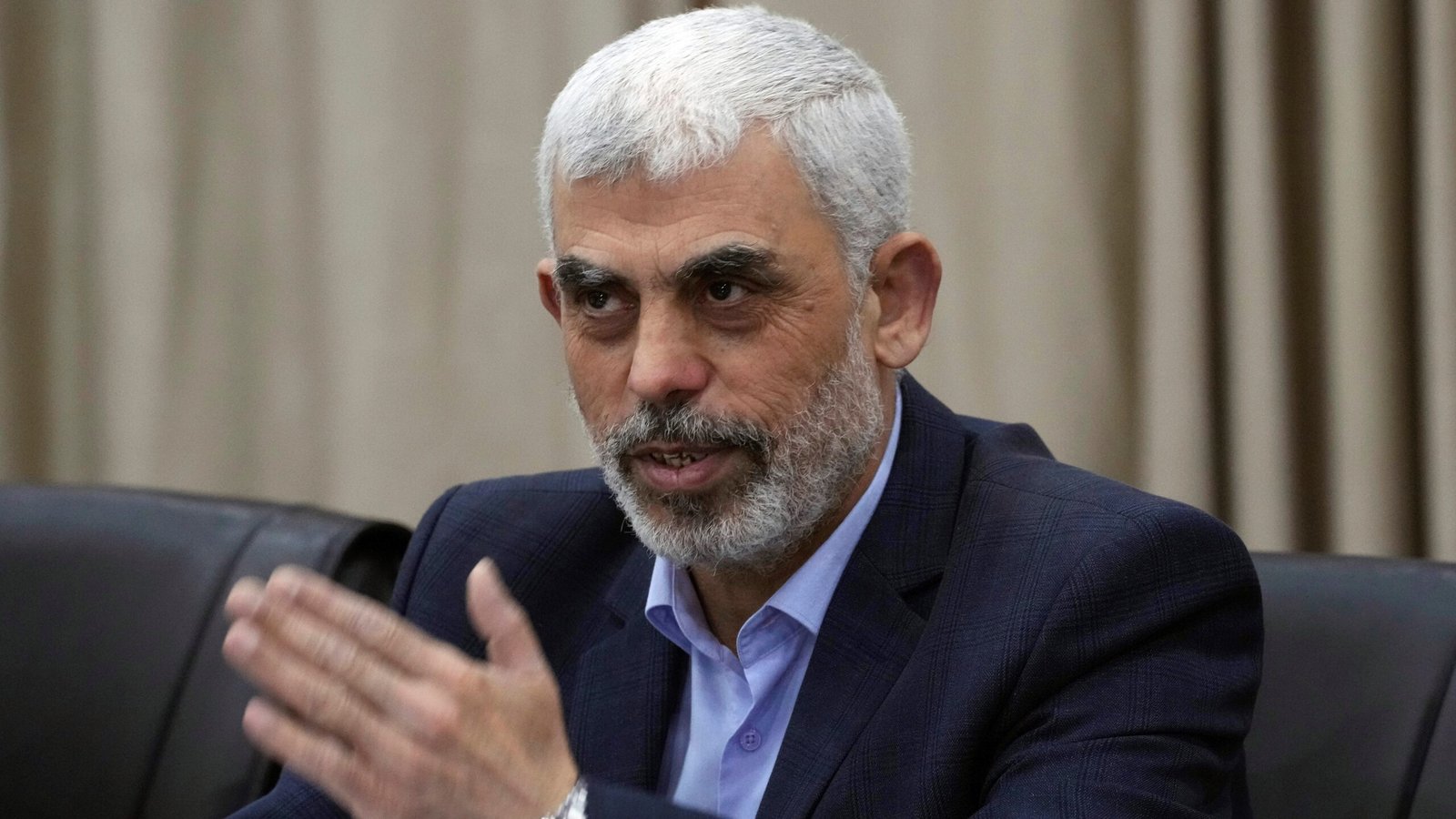In a recent interview with Fox News, U.S. President Donald Trump expressed that he would “rather not” impose tariffs on China, despite his previous campaign promises to levy significant import duties on America’s largest economic competitor.
When asked about the possibility of negotiating a deal with Chinese President Xi Jinping concerning Taiwan and trade, Trump emphasized the leverage that tariffs provide. “We have something that they want; we have a pot of gold,” he stated. He noted, “We have one very big power over China, and that’s tariffs, and they don’t want them, and I’d rather not have to use it.”
Trump’s comments come on the heels of his inauguration, during which he indicated that a 10 percent tariff on all Chinese imports could be implemented as early as February 1. Throughout his campaign, he had even suggested potential tariffs as high as 60 percent.
In response to Trump’s statements, Beijing called for a resolution to the ongoing tensions through “dialogue and consultation.” Chinese Foreign Ministry spokeswoman Mao Ning remarked that “China-U.S. economic and trade cooperation is mutually beneficial,” adding that “trade wars and tariff wars have no winners.”
As the situation evolves, both nations remain at a critical juncture in their trade relations, with potential implications for global markets and economic stability.







